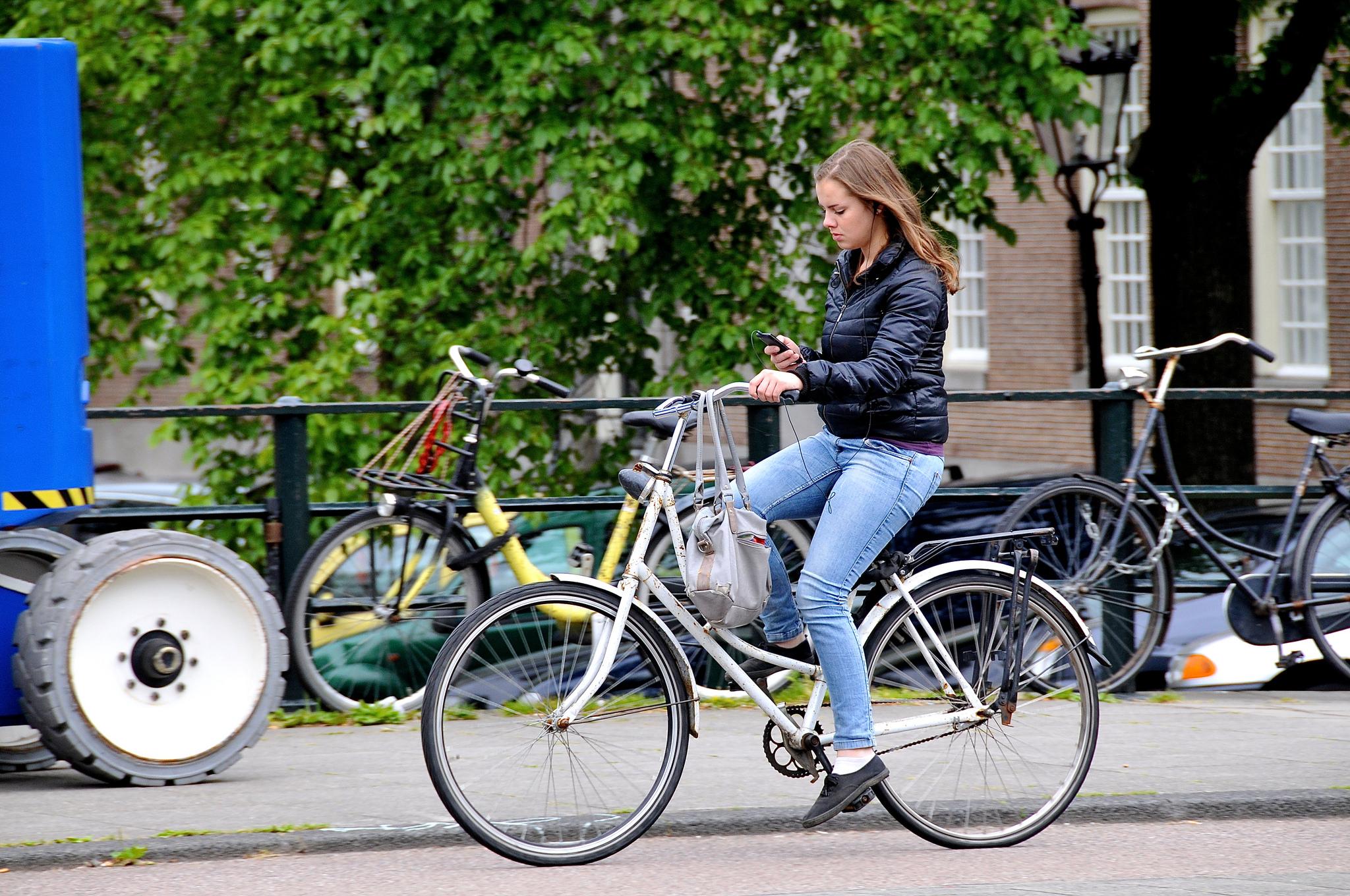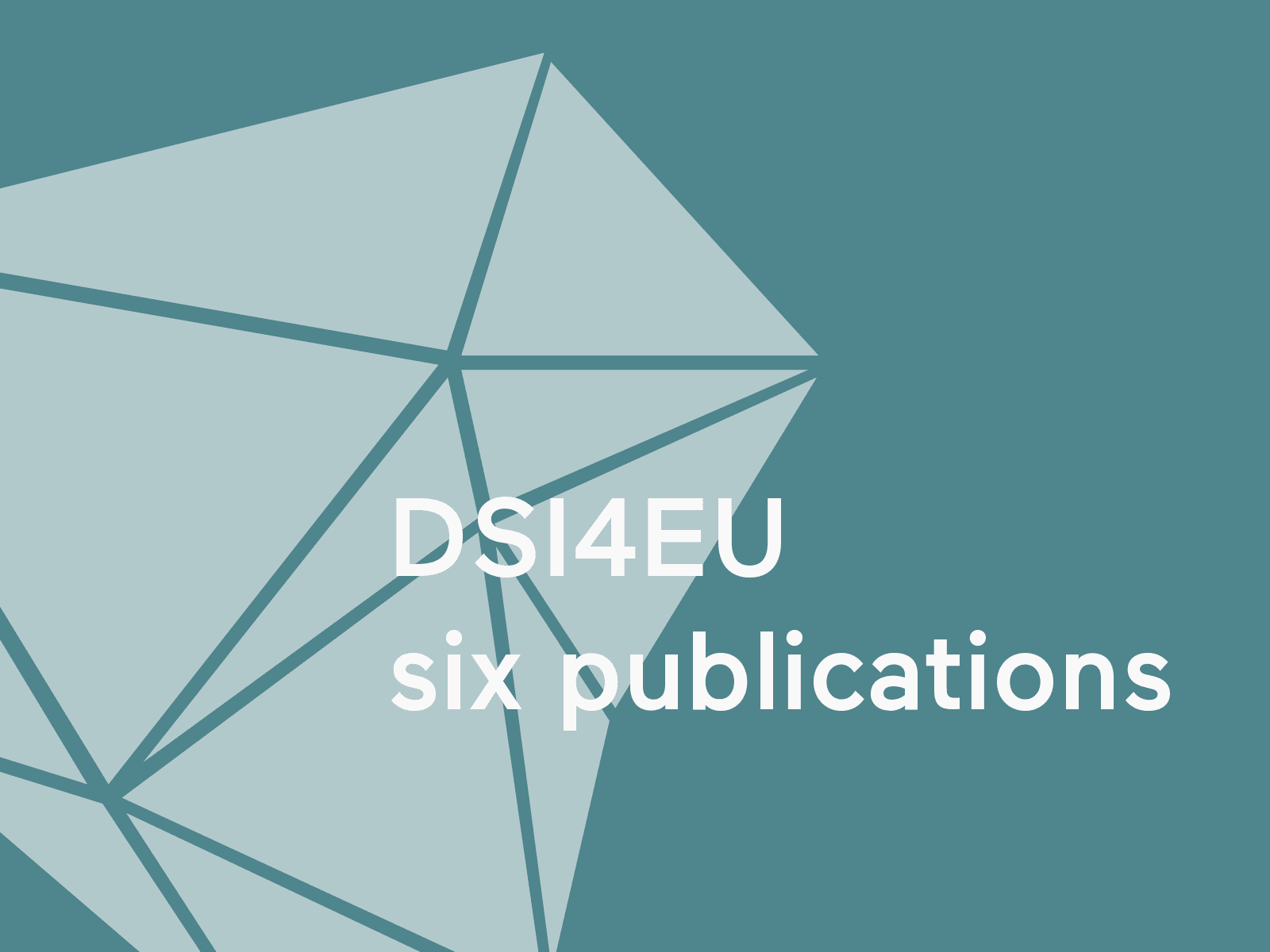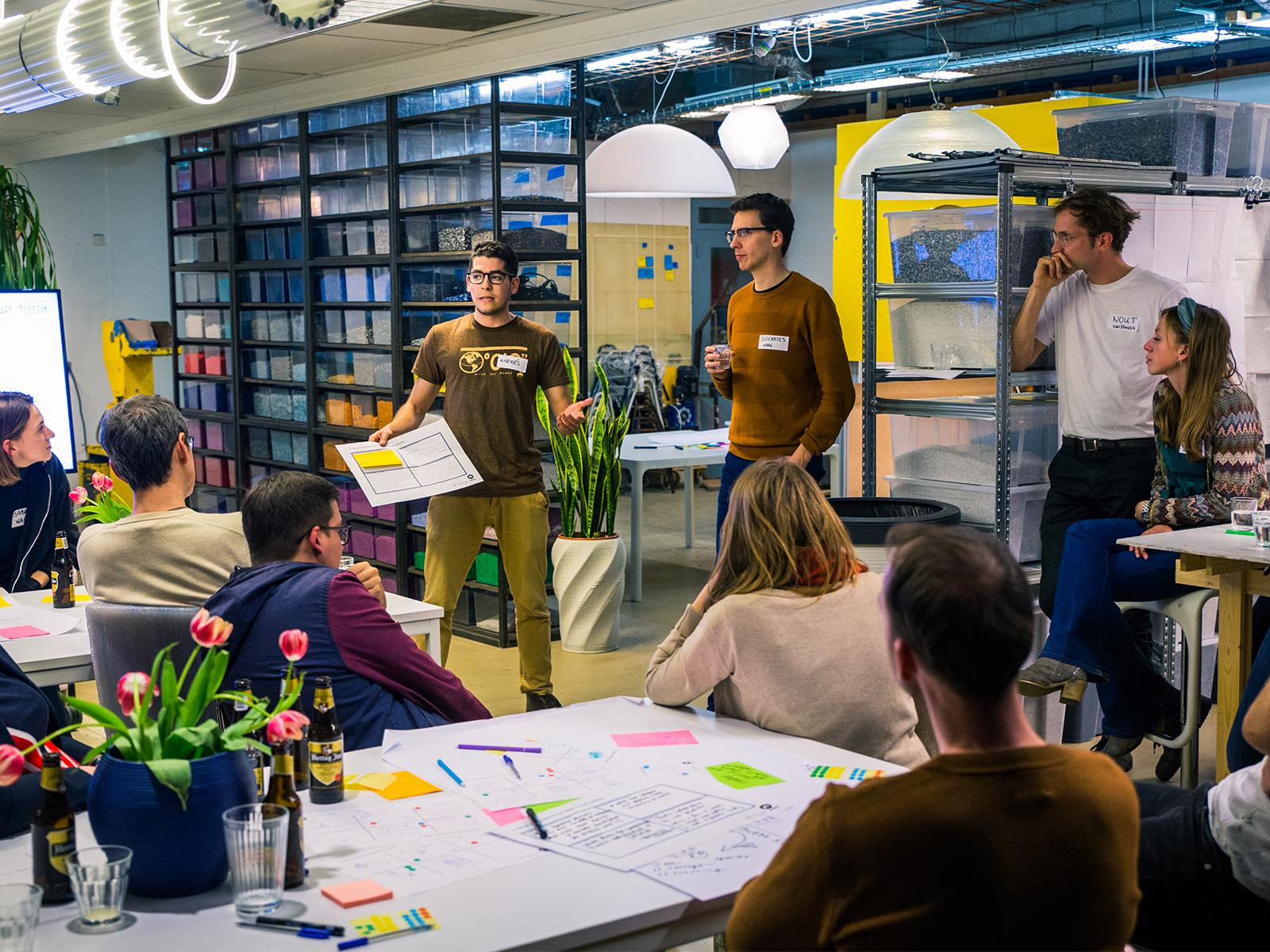by Jelle de Graaf and Marleen Stikker
Election fraud, trolls, failing hardware, data leaks. Every day we read about the dangers of the digital age. The Dutch government wants to massively wiretap its citizens and in Amsterdam we see how companies like Uber and Airbnb take over our city.
On the other hand, there seems to be an unbridled confidence that technology will solve all of our problems. Under the heading of 'smart cities', an entire industry fills our cities with cameras and sensors to measure everything that can be measured.
As long as no one considers how we can use technology for the entire community, it will be American companies that shape our city. We want Amsterdam to take back control.
American or Chinese company
Technology is not neutral. Who owns and manages technology determines its effects. If we outsource our digital infrastructure to an American or Chinese company, we can not expect to find our Amsterdam values in there. Companies such as Uber and Airbnb show what this can mean for the job security of people and for our public housing. If we want to prevent this happening in other sectors, we have to radically differentiate our digital infrastructure.
With the manifesto Tada that recently appeared, Amsterdam is taking a good first step. According to this manifesto of the Amsterdam Economic Board, people themselves are in control of their data, data must always benefit the entire community and it must always be clear which data is collected.
But these starting points only gain real value if we convert them into an actual policy, and test all the actions of the municipality and companies.
The ownership of our data and the control over the technology of the city must be in the hands of the Amsterdammers. In digital commons, Amsterdammers must decide for themselves which data they share, with whom and for what purpose that data may be used. The municipality must develop the technology that it uses itself, so that we become independent from large companies. For this we can work together with cities like Barcelona that have already chosen this path.
Amsterdam Cloud
Only in very exceptional cases may the city outsource its ICT. Even then, the code must always be public and readable. Because what is developed with public money must be publicly released. On our own servers, an 'Amsterdam Cloud', we can safely store these data.
Nor should the use of technology be at the expense of the planet. No electronic litter by microsensors, no conflict minerals in the devices, but open and repairable hardware that has been produced in a fair way. Technology is serving, not leading.
Amsterdam can show the world that ordinary residents do not have to lose from the tech giants from Silicon Valley. Together we can become the owner of our data and we can take back control of Amsterdam. Not a smart city, but smart Amsterdammers!


